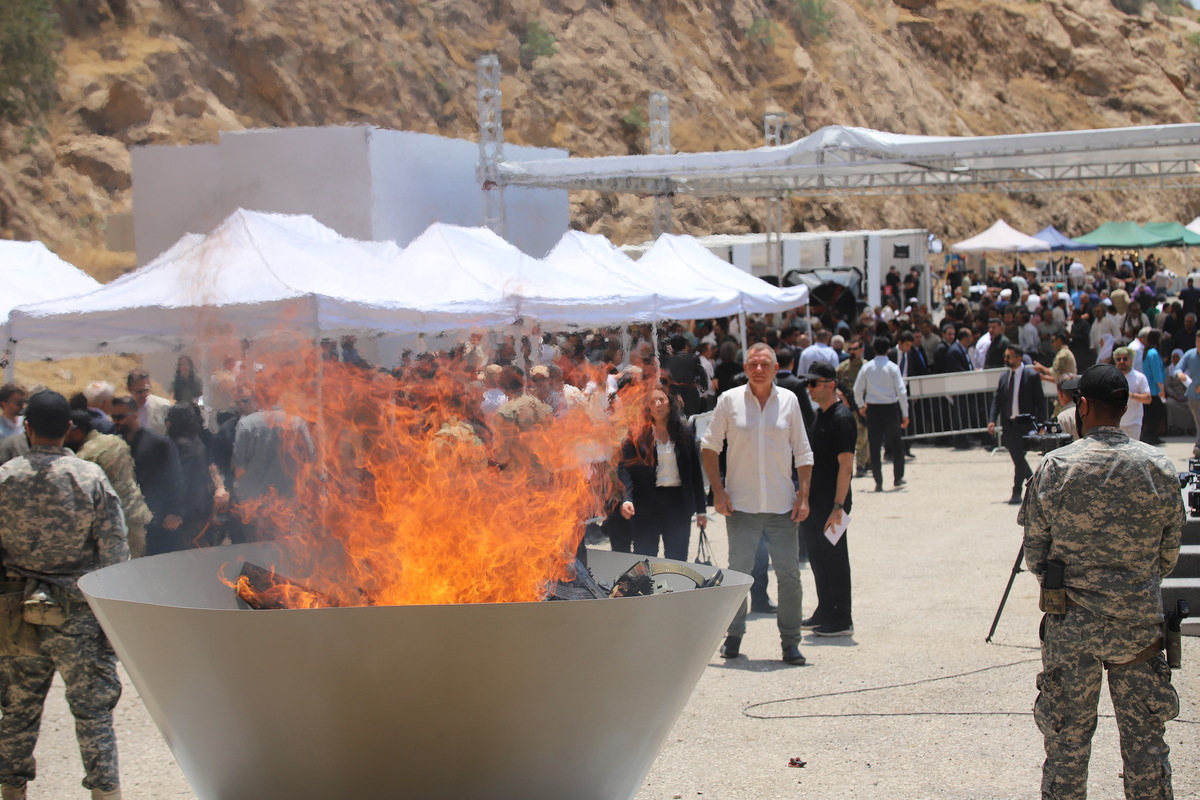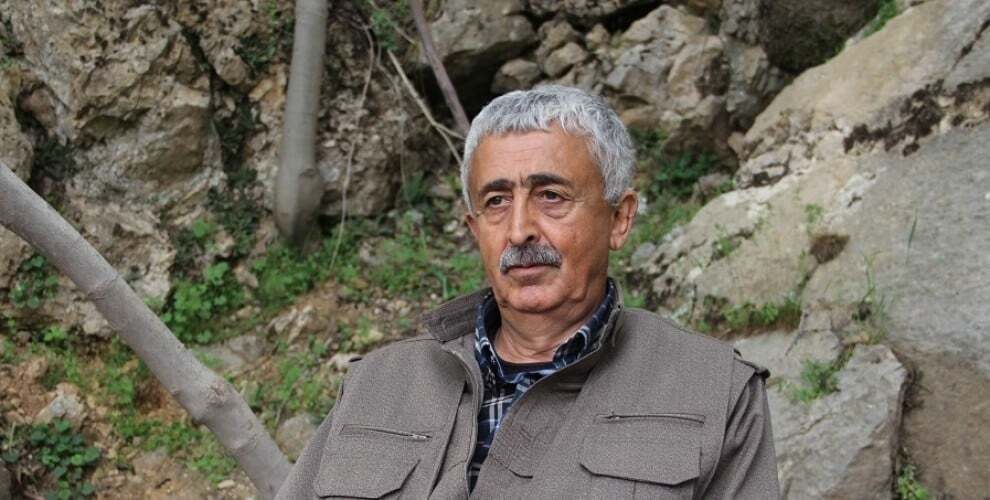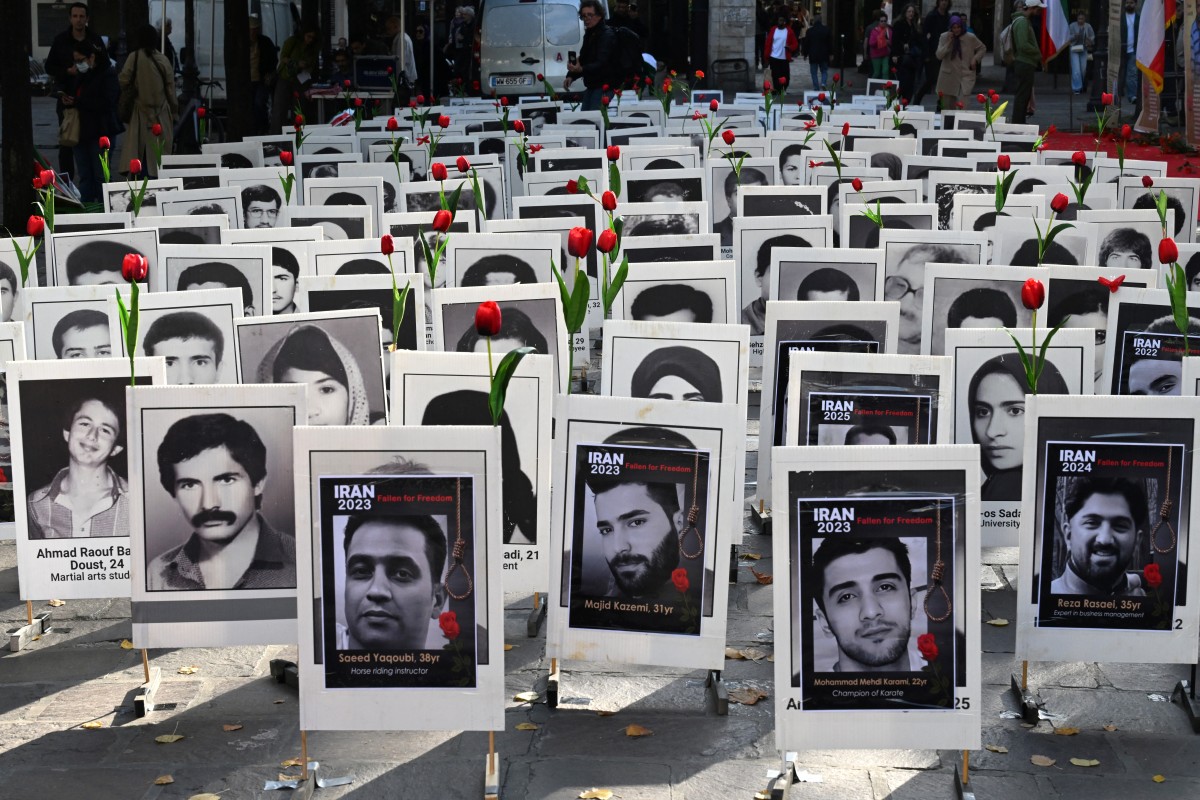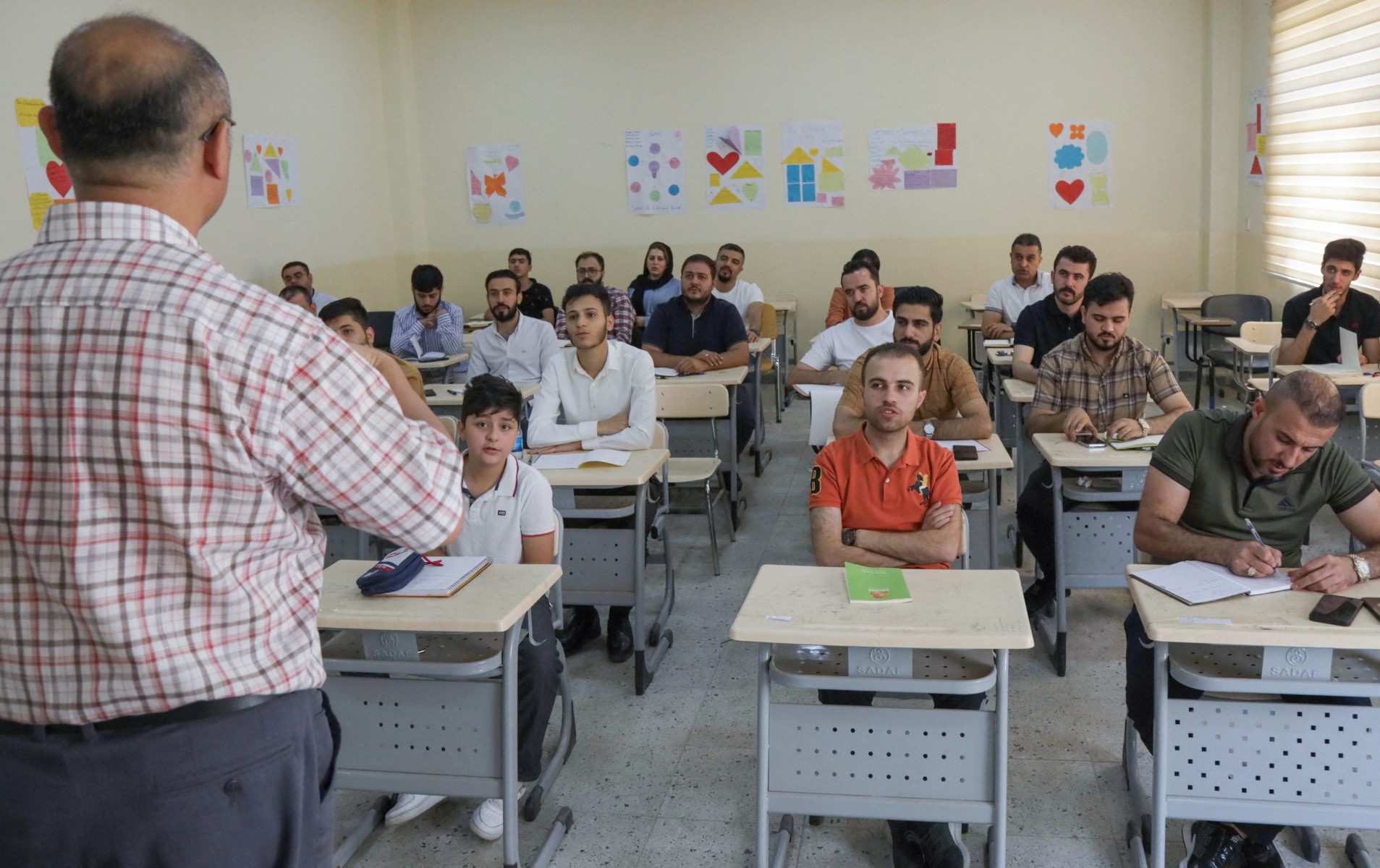One Year On: ‘The Process’

Kurdish PKK burn their weapons as a symbolic gesture towards the Peace Process
Picture Credit: Erkan Gulbahce
Members of the Kurdish PKK burn their weapons as a symbolic gesture towards the Peace Process on 11th July 2025
Picture Credit: Erkan Gulbahce
It has been almost a year since ‘the (resolution) process’ in Turkey between the Turkish government and the Kurdish movement resumed. A fair picture of the past 12 months may be drawn by two contradictory statements: on one hand, some significant steps have been taken; on the other hand, no significant step has yet been taken. The coexistence of these two realities makes the fate of the process look uncertain.
It is important to remember that the current phase of the so-called resolution process was initiated by the Turkish authorities in response to the new regional theatre that emerged after 7 October 2023. Having realized that the Hamas attack on Israel paved the way for a new Middle East, one in which Iran’s influence would diminish while that of Israel would rise, Turkey quickly derived the conclusion that its post- Arab Spring politics of curbing the Kurds in Syria and Iraq in tandem with Iran could no longer be maintained.
Accordingly, Turkey opted to enter this new phase of the Middle East with a less strained relationship with the Kurds, especially those gravitating around the Kurdistan Workers’ Party (PKK). One can say that the current phase in Turkey is a reaction to the geopolitical changes in the Middle East. It is not an indication of the Turkish government suddenly starting to view peace with the Kurds as good in itself. In other words, the current process is a calculated response of the Turkish government to a changing environment. This makes the whole process heavily dependent upon similar calculations. Delays caused by inaction are the result.
Steps taken
The ongoing process began in late 2024 with several opening steps. Devlet Bahçeli, the leader of the far-right Nationalist Movement Party (MHP), gave a public speech, praising the “Turkish-Kurdish brotherhood of the past 1000 years” and saluting Abdullah Öcalan as “the founding leader of the PKK”, inviting him to deliver a speech in the Turkish parliament to dissolve the PKK. Ever since, it has mainly been the PKK that has taken substantial steps towards peace and political solutions. The PKK took three gigantic steps in the past six months or so to further the resolution of a decades-old issue.
First, having previously announced that he had the power and capacity to end the armed struggle, Öcalan invited the PKK on 27 February 2025 to end the armed struggle and dissolve itself. Second, the PKK announced on 12 May 2025 that it would end the armed struggle and dissolve itself following decisions made in a conference held somewhere in the Kurdistan Region of Iraq. Third, a group of PKK militants, headed by the Kurdistan Communities Union (KCK) co-chair Besê Hozat, symbolically burned their weapons in a ceremony held on 11 July 2025, indicating that the process of laying down arms had commenced.
Steps not taken
The successful completion of the disarmament and dissolution phases requires the parliamentary enactment of a special law to release PKK members from jail and enable those in the mountains to return home…
However, despite the PKK’s announcement of ending the armed struggle and disbanding itself, no PKK militant has actually surrendered their rifle and returned ‘home’. No PKK prisoner in Turkey has been released. This, of course, is because no significant step has been taken on the part of the Turkish government. The successful completion of the disarmament and dissolution phases requires the parliamentary enactment of a special law to release PKK members from jail and enable those in the mountains to return home, in addition to an amendment of the Penal Law and the Counter-Terrorism Law. However, none of this has been done, making the whole process stuck in limbo.
On the other hand, while steps towards ensuring the completion of the process have not yet been taken, the Turkish government did take two steps. First, the National Solidarity, Brotherhood, and Democracy Commission was founded in the Turkish Assembly. It is tasked with the preparation of a legal framework to ensure the completion of the dissolution of the PKK. This generated the impression among many that the process might actually work out. Second, ceasing large-scale military operations targeting the PKK-affiliated Syrian Democratic Forces (SDF) in Rojava/Northeast Syria, the Turkish government seems to have decided to open up some room for negotiations between the new regime in Syria and the SDF. However, although the Turkish government has taken some steps, there is a lag between the Turkish government and the PKK in terms of concrete action and messaging. While the PKK has taken substantial steps to move away from armed to political struggle, the government has not taken any steps that would accelerate the moves taken by its opponent.
The Turkish government’s lag
…the Turkish government initiated the entire process as a response to the new regional theatre in the Middle East
So why is there is such a lag between the PKK and the Turkish government? I have answered the question above, albeit partially. As I suggested, the Turkish government initiated the entire process as a response to the new regional theatre in the Middle East, meaning the Turkish government’s ‘gesture’ was based on the calculation that maintaining the fight with the Kurds would be more costly in the future than it has been until now. However, as the turmoil in the region following the Hamas-led attack continues, the Turkish government is still calculating the costs of different possible ways of engaging with the Kurds. This explains the government’s cautiousness and delays in the process. Yet, this is not the only calculation rendering the government hesitant or slow. Erdoğan is also calculating the process’s impact on his electoral support. Given that Erdoğan ended the previous resolution process between 2013 and 2015 after realizing that his electoral support diminished over its course, it is not surprising that the current process would move as slowly as possible until Erdoğan is convinced that sticking to the process increases his votes.
In sum, because the Turkish government has too many calculations, ‘the process’ is too slow and, as such, it remains uncertain if and whether the dissolution of the PKK will actually happen soon. Despite all of these factors, it seems unlikely that the process will halt or collapse. This is because neither the Turkish state nor the Kurdish movement seems to be willing to take the risk of deepening their rift in the new geopolitical landscape in the Middle East.
Mesut Yeğen
Mesut Yegen is a professor of sociology who worked at Middle East Technical University in Ankara and Şehir University in Istanbul.



